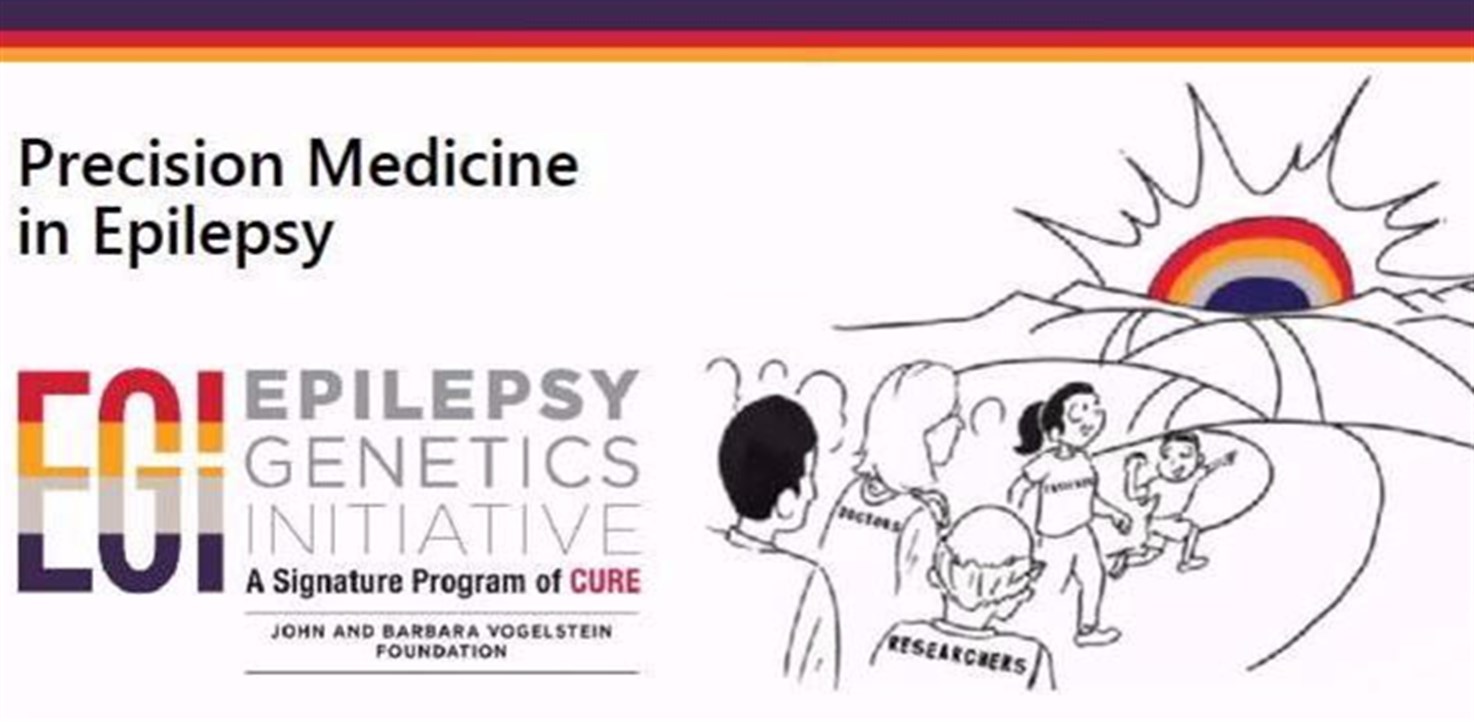Epilepsy Genetics Initiative (EGI) is launched with the goal of finding a cure for Epilepsy
The EGI initiative was created to bridge the gap between people with epilepsy, clinicians, and researchers and advance precision medicine in epilepsy.

The Epilepsy Genetics Initiative (EGI), a project of Citizens United for Research in Epilepsy (CURE), demonstrates the way medicine and medical research is innovating on the fronts of technology and personalized medicine. EGI seeks to gather genetic information from epilepsy patients in order to find better epilepsy treatments and a cure. It also seeks to provide patients with the best options possible based on their sequenced DNA, a hallmark of personalized medicine. This project demonstrates how technology has not only provided us with sophisticated techniques to study human genetics, but also the means to collaborate over a wide breadth of patients and professionals. Additionally, personalized medicine, a product of this technology, will hopefully provide patients with better medical options.
EGI was begun to address the fact that of the 3 million Americans with epilepsy, 68% do not specifically know what causes their epilepsy. Additionally, of those 3 million, 30-40% have uncontrolled seizures despite the many currently-available treatments. This obviously creates a tremendous stress on these people’s lives since they often cannot, therefore, perform daily tasks such as driving.
Without knowing the cause of their epilepsy, options for treatment remain limited. Currently, patients, with the help of their physicians, can have their DNA sequenced through certified labs. The data is usually analyzed only once, however, and only genetic changes currently known to cause epilepsy are reported. Any new genetic findings will not be reported to the patients whose DNA has already been sequenced.
With EGI, patients, through their physicians, can send in their sequenced DNA information to be added to a database so the DNA can be analyzed and reanalyzed as new genetic findings are added to the screening. Additionally, patients will have the option to participate in research aimed at curing epilepsy. With the patients’ permission, researchers will use patients’ DNA to study the best drugs to treat epilepsy and the presence of co-existing conditions in relation to epilepsy, for example.
As EGI says, “In the end, everybody wins.” EGI creates a database and platform for patients, physicians, and researchers to work together to find a cure for epilepsy.
For more information: https://www.cureepilepsy.org/egi/index.html




